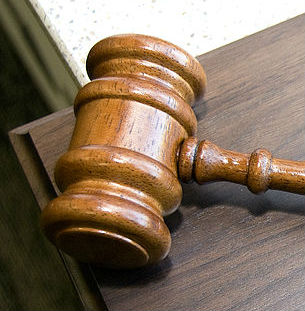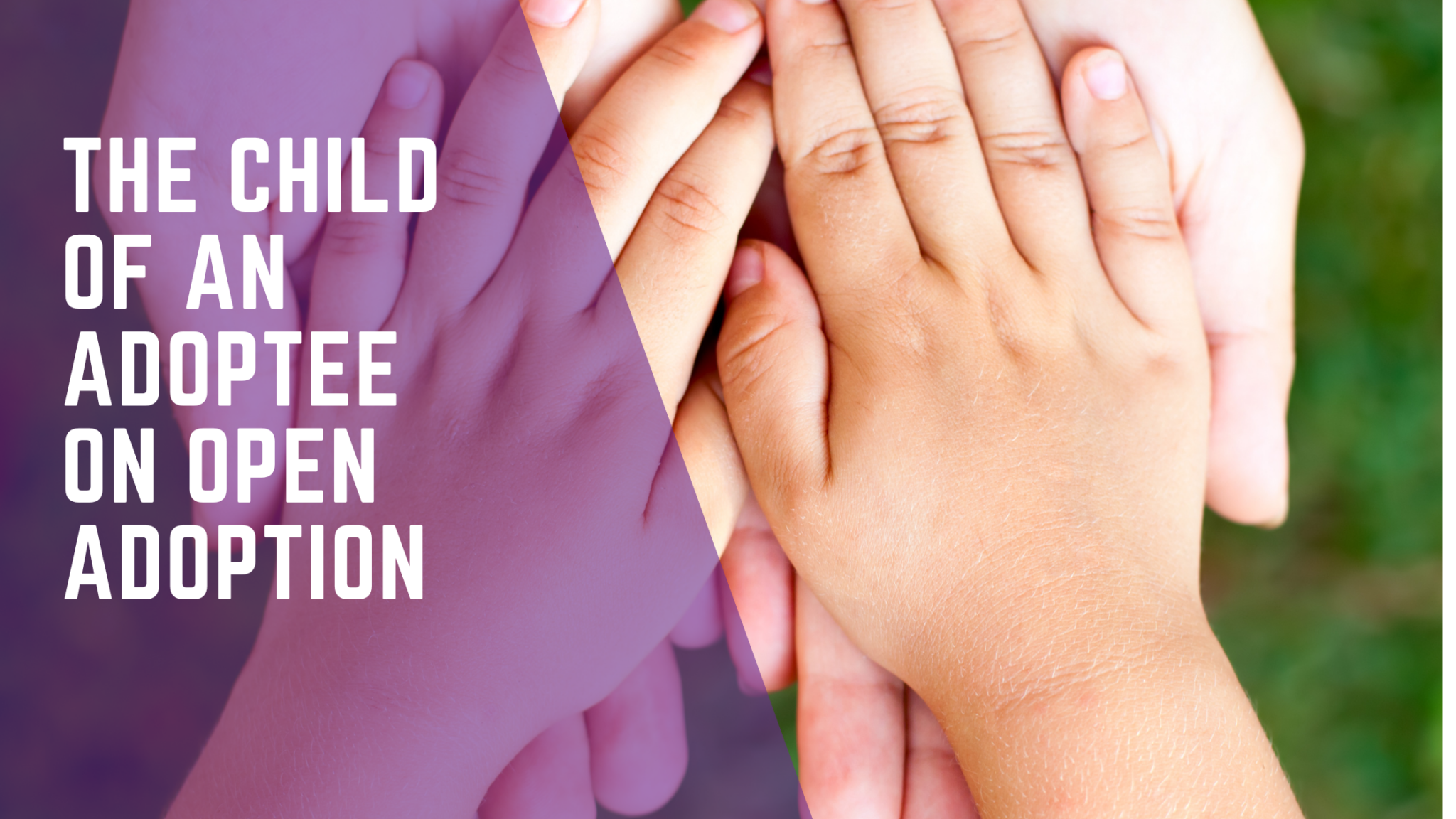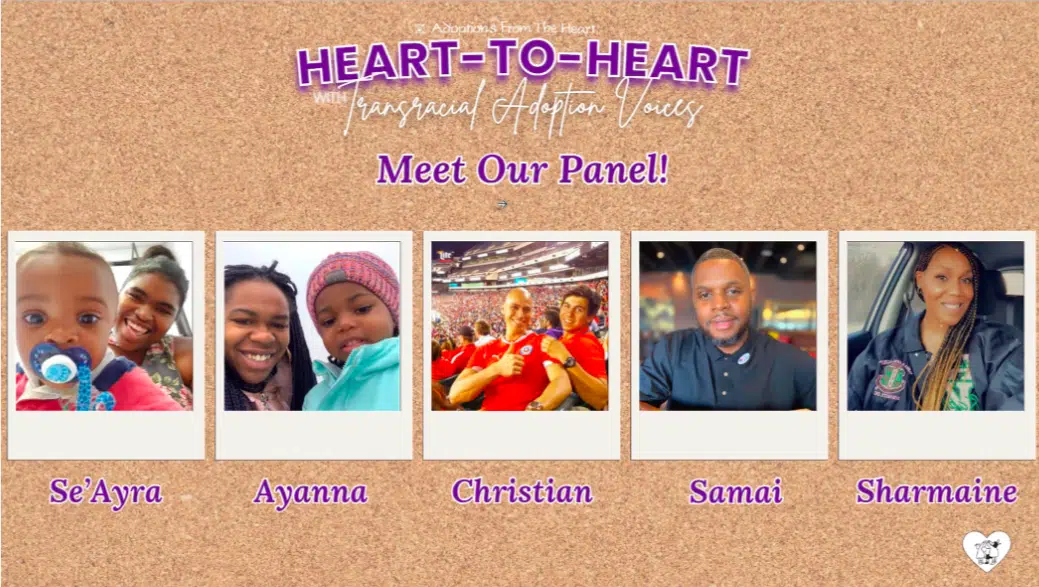 New Jersey is commonly referred to as an “adoption friendly” state when looked at from the prospective adoptive parent perspective. The 72 hour surrender of parental rights time frame shortens wait times for adoptive parents and minimizes their legal risk during the adoption process. With that said, it is important for birth parents to recognize their own rights and obligations when utilizing New Jersey adoption law to surrender their parental rights.
New Jersey is commonly referred to as an “adoption friendly” state when looked at from the prospective adoptive parent perspective. The 72 hour surrender of parental rights time frame shortens wait times for adoptive parents and minimizes their legal risk during the adoption process. With that said, it is important for birth parents to recognize their own rights and obligations when utilizing New Jersey adoption law to surrender their parental rights.
While the state’s public policy (the principles, often unwritten, upon which laws are based) favors adoption as a loving, beneficial option for many children, some may say its statutes (written law), specifically the 72 hours surrender of parental rights, lean towards adoptive parents. It is important for all parties involved in the adoption process to be made aware of their specific rights under the law.
The Basis Of New Jersey Adoption Law: A Child’s Best Interests
All adoption decisions made in New Jersey courts are ultimately decided in the “best interests of the child.” And while these “best interests” are certainly debatable, this is generally interpreted to imply that the physical and emotional welfare of the child, or children, involved is of the utmost importance.
As It Stands: Current New Jersey Adoption Law
Laws Defining The Rights Of Birth Mothers And Birth Fathers
Birth mothers in New Jersey are allowed to begin both option counseling and adoption-specific counseling as soon as they become aware of their pregnancy. The law prevents birth parents from signing their Surrender of Parental Rights until at least 72 hours after the birth of their child. However, once signed, the surrender of rights is irrevocable.
Some states do not allow birth mothers to choose adoptive parents for their biological child. While it isn’t explicitly addressed by New Jersey statute, it’s common practice in New Jersey to allow biological mothers this right.
Birth mothers in New Jersey are not legally obligated to identify their child’s birth father by name. Nonetheless, adoption agencies are required to make what is known as a “diligent inquiry” into identifying the birth father. This is an attempt to make the birth father aware of his biological child’s adoption, and enable him to establish his paternity if he so chooses. Obviously, this can become difficult if the birth mother herself refuses to identify him, which she has every legal right to do.
If the biological father cannot be found, for whatever reason, to assert his paternal rights over the child, he has 120 days in which to file a complaint through the New Jersey Surrogate’s Office. If he fails to do so, he won’t receive any further updates on the adoption proceedings.
That being said, New Jersey treats both biological parents equally in regards to parental rights. According to Title 9:17-40: “the parent and child relationship extends equally to every child and to every parent regardless of the marital status of the parents. If one or both of the parents have not had their right terminated voluntarily or involuntarily the child is not available for adoption.”
Laws Defining The Rights Of Prospective Adoptive Parents
Because New Jersey’s adoption law is based on the concept of a child’s “best interests,” many of its legal statutes are designed to encourage a “finality of family arrangements.” These statutes are meant to eliminate any potential gaps in a child’s proper care. For example, if after 72 hours a birth mother signs a surrender of her parental rights through a state-approved adoption agency, the consent to adoption is irrevocable. At that point, a birth mother’s only legal recourse in contesting the surrender would be to prove that she was coerced, or the options were misrepresented to her.
New Jersey does not discriminate against those who wish to adopt a child based on marital status or sexual orientation. Gay and lesbian couples, as well as single parents, have every right to adopt children within the state.
In what is known as a “cooperative adoption,” birth parents relinquish their parental rights over their biological child, but retain the right to visitation. Although this model is not formally addressed by New Jersey adoption statutes, adoptive parents and birth parents can agree among themselves upon a contact plan. This communication is at the adoptive parent’s discretion. If, at any time, they feel that contact between birth parents and their biological children is not in the child’s best interests, adoptive parents have the right to alter the communication agreement as they see fit.
Recent Developments In New Jersey Adoption Law
New Jersey’s state Senate has a national reputation for supporting adoption rights. In early January, 2014, New Jersey’s state Senate Health, Human Services and Senior Citizens Committee approved a bill (S873) that would allow adoptees to access their original birth certificates (OBC) and learn their biological parents’ names, contact information (if available), and family history. The bill also defines a procedure whereby birth parents would be able to formally indicate whether they would like to be contacted directly, through an intermediary, or not at all.
The bill now awaits a hearing before the full Senate.




Leave A Comment